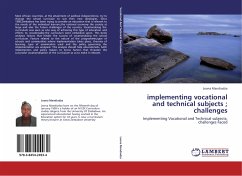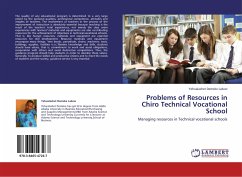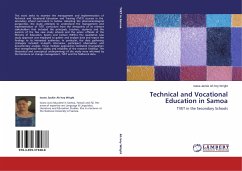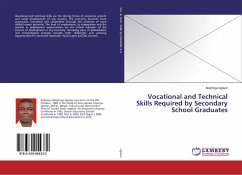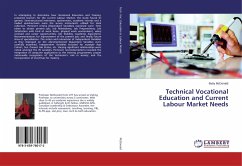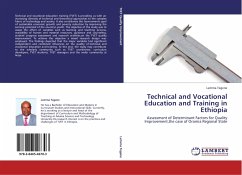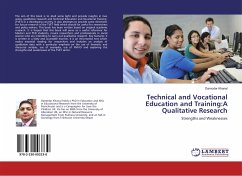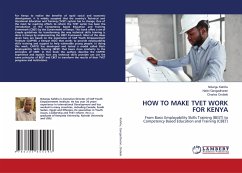Most African countries, at the attainment of political independence, try to change the school curricular to suit their new ideologies. Since 1980,Zimbabwe has been trying to provide an education that is relevant to the needs of the individual learners,the national economy the society at large and also the future challenges of the country. Vocationalsing the curriculum was seen as one way of acheiving this type of education and efforts to vocationalise the curriculum were embarked upon. This book analyses factors that hinder the success of vocationalising the school curriculum. Factors related to the nature of the programmes,type of schools and communities where implementation takes place, theories of learning, type of examination used and the policy governing the implementation are analysed. This analysis should help educationists, both implementers and policy makers to know factors that threaten the successful vocationalisation of the curriculum so as to make it relevant.

